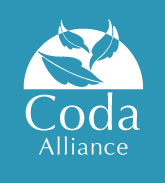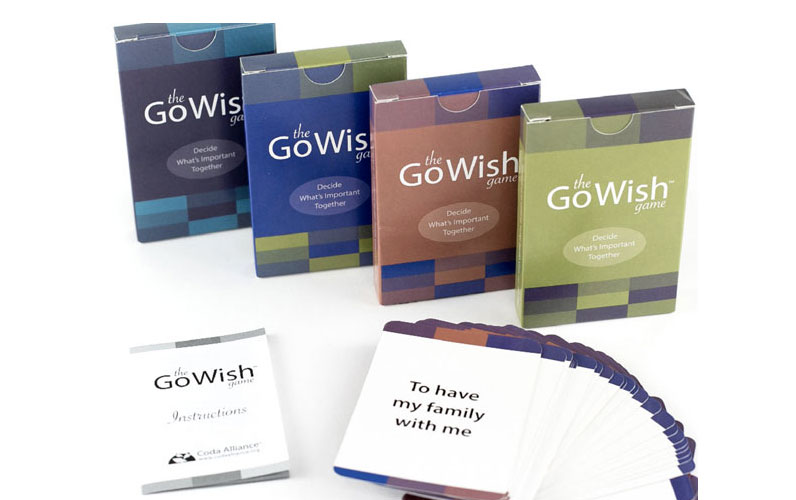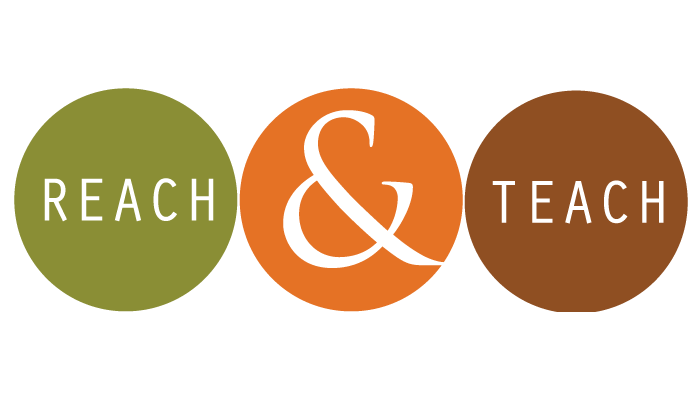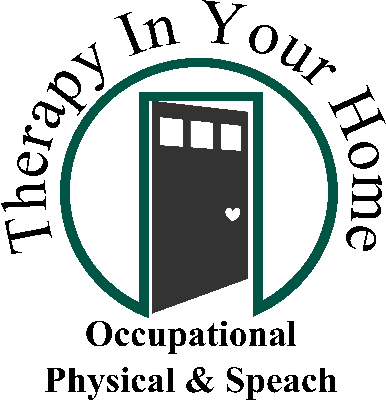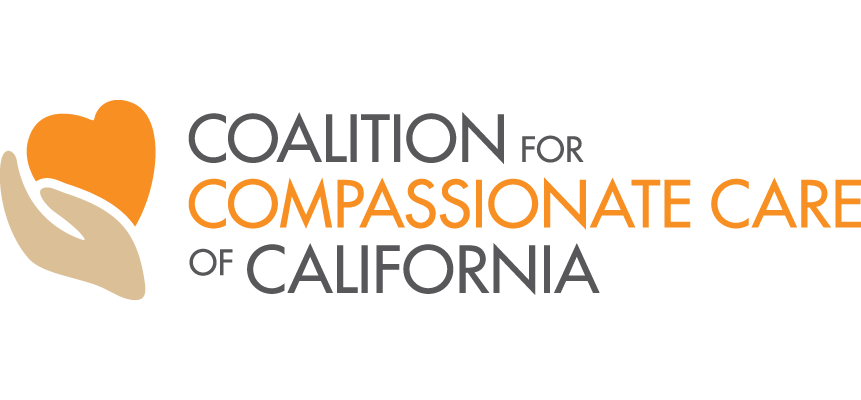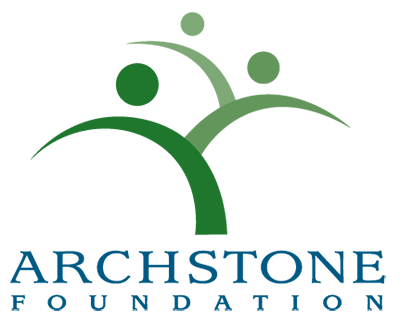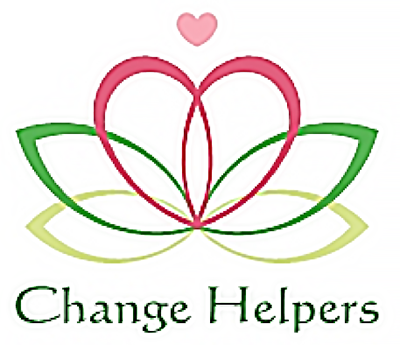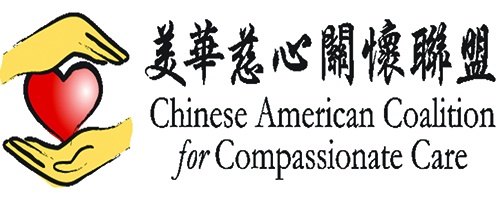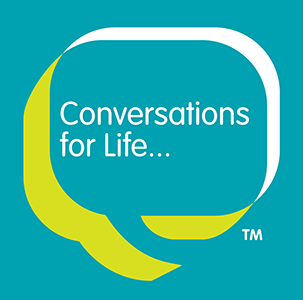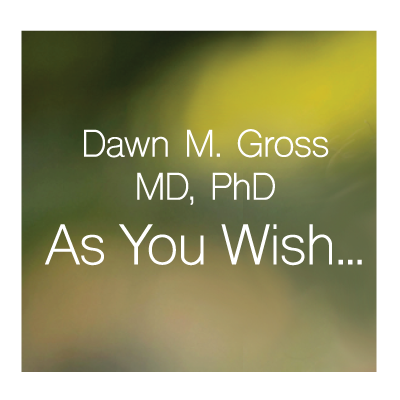Coda empowers easier, early end-of-life conversations, enabling you to Take Responsibility, Choose Your Own Way, and Embrace Life
We know how tough end-of-life discussions can be, so we use every means possible to help you comfortably and more easily start your conversation. Backed by research, Coda partners with families, health and religious professionals, communities, hospitals, universities, hospices, elder care facilities and global partner organizations to make end-of-life conversations a natural part of life.
Empowering you to choose your own way – in life and at the end-of-life.
Helping you take responsibility to make your own decisions regarding what you want before the unexpected, or the anticipated, end might happen.
Allowing you to embrace life by living the life you want. And, giving you peace-of-mind by enabling you to make your own decisions about how you want to die when the time comes.
- Understanding the dire need for end-of-life conversations, major medical centers have begun to provide classes to help their teams hold conversations with patients.
- Medicare and other health insurance companies now pay physicians to start end-of-life discussions with their patients.
- Family and senior centers offer classes to help families deal with the issues and fiduciaries, lawyers and estate planners are integrating Coda’s Go Wish cards into end-of-life discussions with their clients.
- Education about end-of-life care options
- Guidance in sharing experiences for both embracing life and for end-of-life planning
- Providing positive ways to encourage professional and religious communities to hold end-of-life discussions and to provide Advance Directives.
- Bringing organizations, communities, leaders and research centers together to overcome barriers to end-of-life conversation, care and preparation.
- Implementing social change in end-of-life care and conversation
- Expanding the languages available for GoWish
The Coda Leadership Team
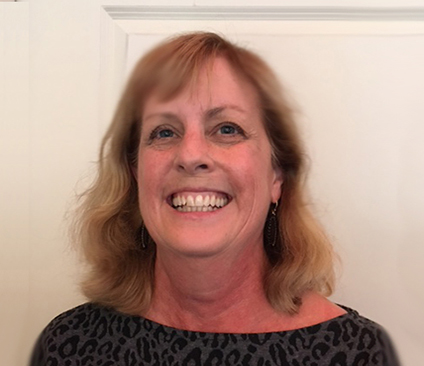
Cindy Safe
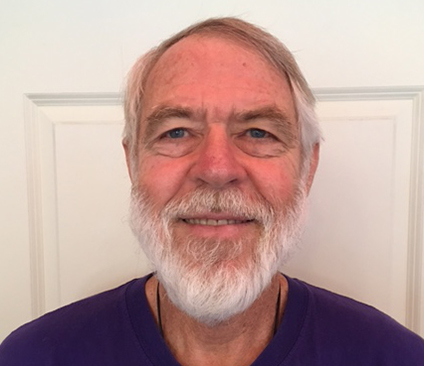
Larry Kavinoky
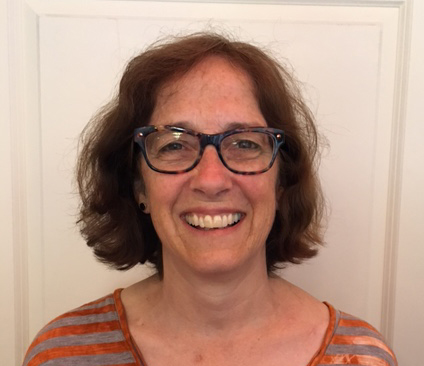
Julie Groves
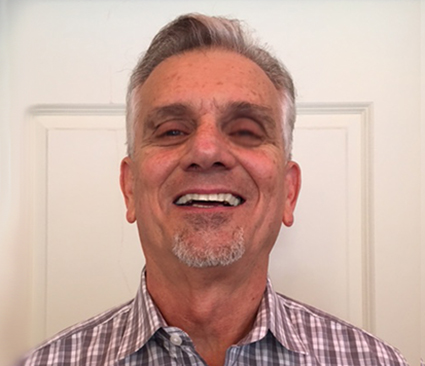
Larry Wildemuth
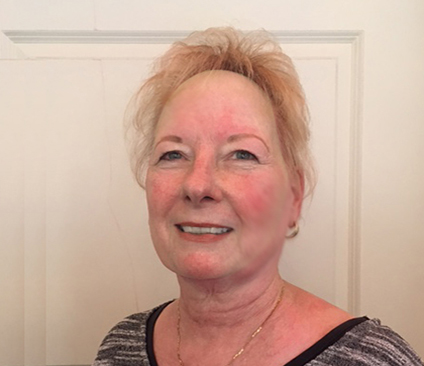
Jennifer Just
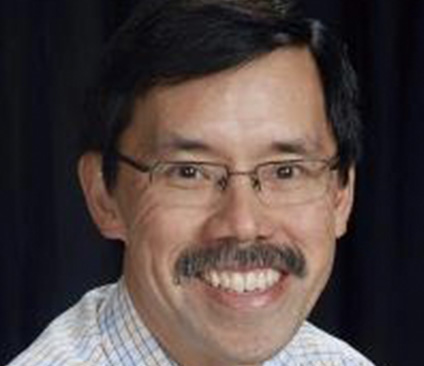
Dr. Gary Lee
Coda History – 21 Years of Advocacy for “The Conversation”
1999
Coda inaugurates under the name The Community Coalition for End of Life Care (EOL).2001
Now Coda Alliance, the group established as a nonprofit organization by founders Dr. Elizabeth Menkin and the Santa Clara County End of Life Community.2003
Coda begins community-based trainings known as “Respecting Choices” to encourage people to voice what they want at EOL.2004
Extensive research proving the value of the GoWish card game leads to its first release; made possible with funding from the Archstone foundation.2005
Coda unfolds continuing education program for EOL conversations and Advance Directives.2010
Coda offers education on How To Have Better Conversations With Your Life Partners.
Coda develops the British version of GoWish, known in the UK as “The Conversation Game”.2011
GoWish translated and now available in its first foreign language, Spanish.2013
Coda partners with The Chinese American Coalition for Compassionate Care to create Heart to Heart”, the Chinese version of GoWish.2014
The first Consumer Reports-style directory for end-of-life conversations opens on the site.2016
GoWish cards acquired by organizations for geriatric care, educational institutions, professional, legal and financial practices, and for families and individuals.
Audio capability added to GoWish Online game.
The new codaalliance. org website created based on an audience research.
Coda works with IACP to launch the Japanese version of GoWish known as “Moshibana Cards”.
In partnership Coda, and The Supportive Care Services Foundation, translate GoWish into Vietnamese and name the game” Lotus Light”.2017
Together Coda and SBGG introduce the GoWish Brazilian Portuguese version “Carta na Mesa”.2018
Coda and Jamalv join to develop the French version of GoWish, “A Vos Souhaite”, which launches at the French Congress on the Rivera.
Coda partners with Keshet Hamish Foundation to translate the GoWish cards into Hebrew.
Coda and the Karolinska Instittue begin distribution of the cards known as “Dobra” in Sweden.2019
Coda’s social media marketing blogging campaign begins.2020
The Coda COVID-19 E-Book developed and distributed to senators, congressional representatives, governors, organizations, and the public.
Coda Alliance Conferences: Speakers
Dennis McCullough, M.D. http://www.mymotheryourmother.com/
Geriatrician Dennis McCullough has spent his life helping families to cope with their parents' aging and eventual final passage, experiences he too faced with his own mother. In this comforting and much-needed book, he recommends a new approach: Slow Medicine.
Dr. Dennis McCullough has been an "in-the-trenches" family physician and geriatrician for 30 years. He is a graduate of Harvard College and Harvard Medical School, and serves as a faculty member in the Department of Community and Family Medicine at Dartmouth Medical School.
Dr. McCullough is a member of the American Geriatrics Society, the American Academy of Family Physicians, the Society of Teachers of Family Medicine, and the American Medical Directors Association, as well as the coauthor of The Little Black Book of Geriatrics. He lives with his wife, the poet Pamela Harrison, in Norwich, VT.
Maggie Callanan http://www.maggiecallanan.com/finalgifts.htm
Since becoming a hospice nurse in 1981, Maggie Callanan has studied, taught, and written about death and dying. This includes the unique and symbolic communication of the dying, which is often labeled as "confused language" and consequently often ignored by professional and family caregivers. Addressing medical, personal, emotional, and spiritual aspects of life's final journeys, Maggie delivers practical, no-nonsense answers to difficult questions tempered by humor, wisdom, and compassion.
She is the co-author of the celebrated book Final Gifts: Understanding the Special Awareness Needs and Communication of the Dying, which is now published in ten languages.



